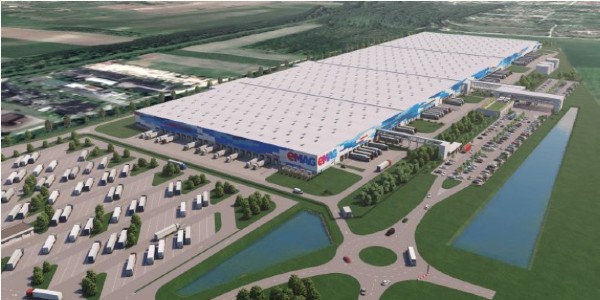February 09, 2023 Industry news
Henry Dimbleby's National Food Strategy aimed to provide an independent review as to how to transform our food system and ensure it is fit for the future. The government has responded to one of its key recommendations with the formation of the Food Data Transparency Partnership (FDTP).
This transformational, multi-year partnership between government, industry, academia and civil society, aims to improve the availability, accessibility, and policy-use of data across key health, animal welfare and sustainability metrics.
It will do this by ensuring consistent measurement and the introduction of standardised company reporting. This will ultimately enable improved decision making and will keep people informed and protected with food data they can trust.
The FDTP will build upon the progress that has already been made in harnessing the power of data, but recognises it has an important role to play in standardising the collection of this data to support improved reporting and the delivery of key metrics.
The programme will be overseen by a Design Partnership Group (DPG) that will test and feedback on ideas and proposals submitted by four key working groups across health, environment, animal welfare and data.
Chris Tyas OBE, and David Kennedy, director general of the Department for Environment Food and Rural Affairs (DEFRA), have been appointed as co-chairs of the DPG.
Each working group will be led by representatives from industry and the civil service. GS1 UK CEO, Anne Godfrey, has been chosen to co-chair the data and technical working group alongside Julie Pierce, director of openness, data and digital at the Food Standards Agency (FSA).
This data group will act as a cross-cutting, supporting foundation for the other working groups, assessing proposals for consistent, defined metrics and company data reporting requirements. It will also and explore new opportunities for enhancing sustainability and health agendas by providing common standards for eco and nutritional labelling.
Setting standard definitions for food data will enable key stakeholders to make more informed, evidence-based decisions, ensure a level playing field amongst competitors and ensure consumers have consistent access to clear, standardised and trusted data about the food they eat.
The appointments Chris and Anne reflect GS1 UK’s experience, expertise and commitment to working collaboratively to develop data and standards-based solutions to current and future challenges that organisations cannot solve alone.



